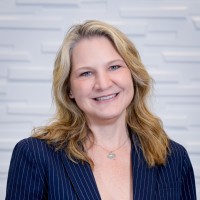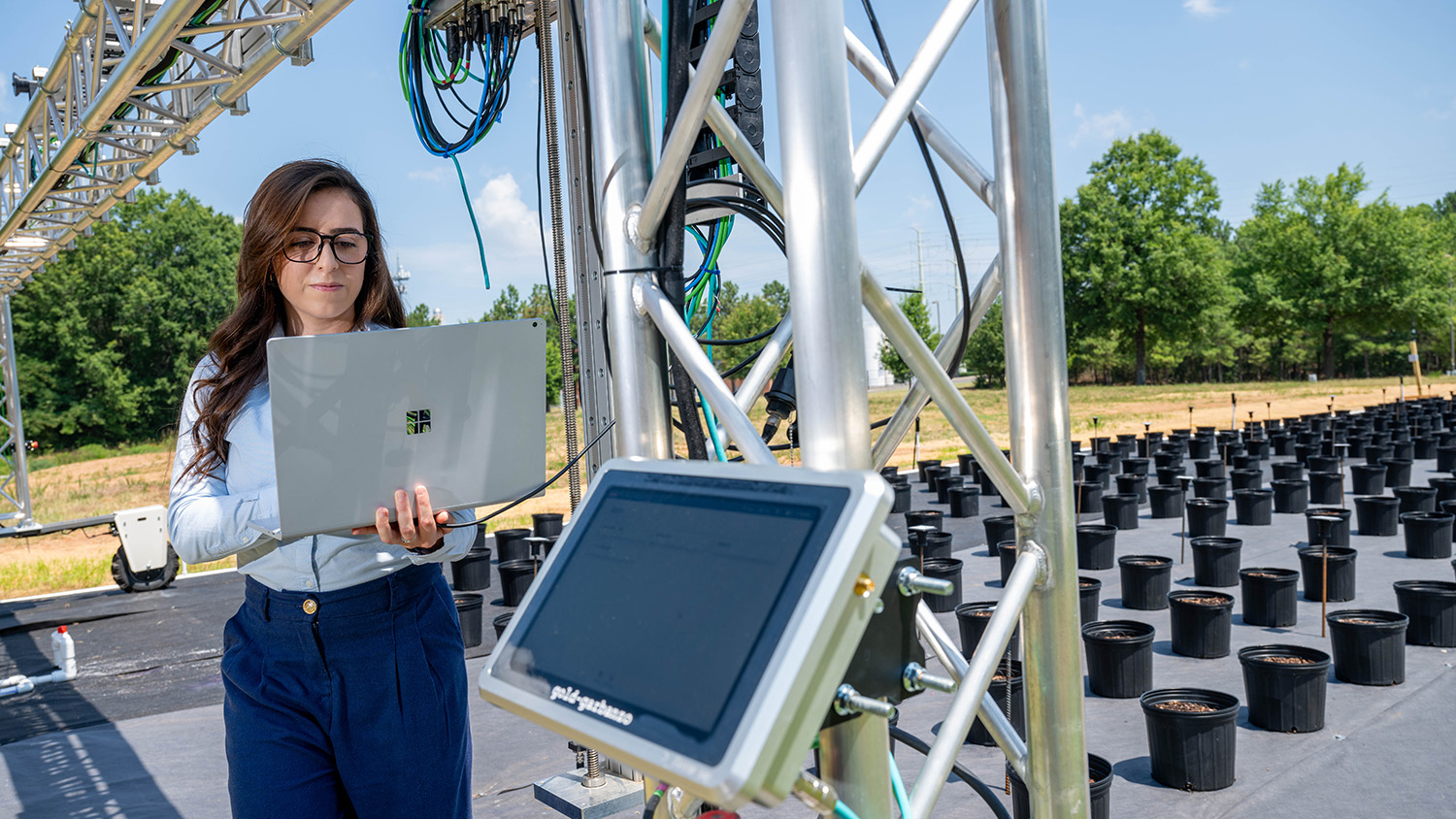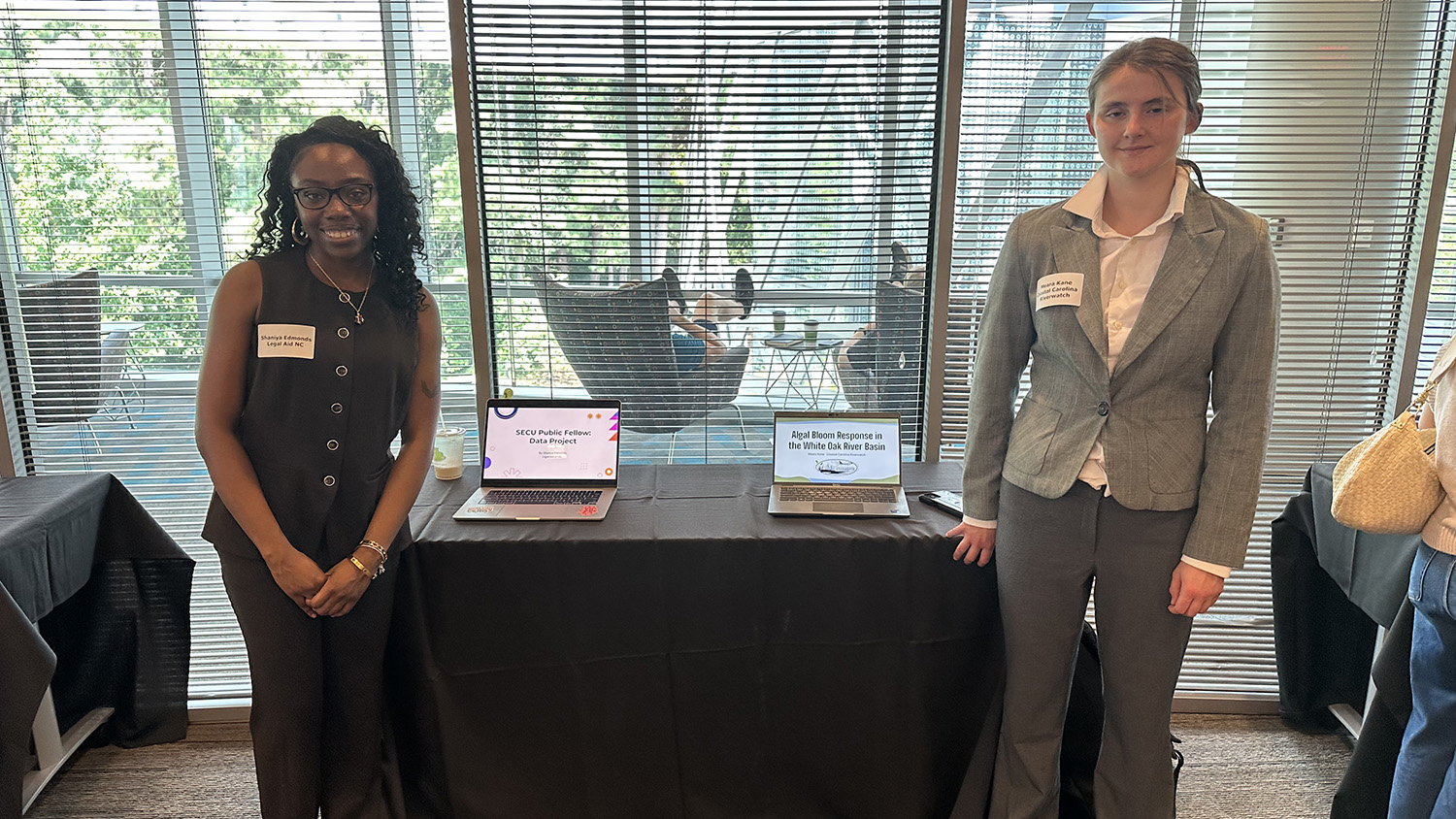A Quality Enhancement Plan (QEP) is an integral component of NC State’s SACSCOC (Southern Association of Colleges and Schools Committee on Colleges) reaffirmation of accreditation process. It reflects and affirms a commitment to enhance overall institutional quality and effectiveness by focusing on an issue that NC State considers important to improving student learning outcomes and/or student success.

Packways: Learning by Doing was selected as the university’s 2024-2029 Quality Enhancement Plan topic and announced to the NC State community in March 2023. This QEP, which focuses on high-impact experiences(HIEs), is part of a universitywide project to enhance student learning and student success. We sat down with QEP Director Rebecca Sanchez and asked her about high-impact experiences at NC State and what’s next in the rollout of Packways: Learning by Doing, the university’s QEP.
How does Packways: Learning by Doing ensure a high-quality, well-rounded education for all NC State students?
We’re trying to provide ways for all of our students to access, belong in and learn from HIEs. Those HIEs are immersive learning opportunities that really help students deepen their knowledge and apply what they learn in the classroom in real-world settings. Students feel empowered to make connections across their academic experiences instead of seeing things as discrete — the reflection and connection pieces are so important. The community is working together to help students create their own path for HIEs.
What are some of the hallmark high-impact experiences at NC State?
At NC State, our high-impact experiences are organized into broad main categories. These categories, along with some examples are:
- Early cohort engagement – Living and Learning Villages, first-year academic programs
- Professional engagement – internships, student employment (i.e. Provost’s Professional Experience Program)
- Scholarly engagement – undergraduate research, interdisciplinary engagement
- Community engagement – service learning, citizen science
- Global engagement – Study Abroad, spring break learning opportunities, COIL (Collaborative Online International Learning)
What is your role within the QEP? What do you enjoy most about your position?
As the director of Packways, my role revolves around leading the strategic development and implementation of the QEP. I’ve joined this group of highly dedicated colleagues who proposed the idea and launched the initiatives and have been working on this for about a year-and-a-half. Dr. Holly Hurlburt and Chester Miller have been at the forefront of this QEP from the beginning and they’re helping me transition into this role and leading some of the most important components of the QEP moving forward.
The thing I like the most so far is working closely with university leadership, faculty, staff/advisors and students. I enjoy collaborating with all of these diverse stakeholders from across campus and creating this culture of high-impact experiences that includes everyone in the NC State community, from the highest levels of executive leadership to students who are getting ready to step foot on campus. The reward of working in this high-impact experience space is seeing how intentional involvement in these opportunities can transform students’ lives. They gain access and comfortability with these skills and networks that they need to succeed and that really starts them off strong as they leave NC State.
What plans do you have for implementing the QEP over the coming year? What new opportunities for growth will you pursue?
Right now, we’re in the very early stages of this QEP, and we’re gathering information, getting folks on board, and creating plans for the work ahead. Over the coming year we’re going to focus on piloting key initiatives. We have a professional development cohort for faculty and staff, and we’re working on a campuswide inventory of high-impact experiences and talking to colleges about which of the HIE categories feel the most relevant and important for students in their college. In this first year, we’re also looking to enhance stakeholder communication because we want to raise awareness about the benefits of these experiences, as well as talk about barriers that faculty, staff and students might encounter. A final goal in the short term is developing and expanding a community of practice around HIEs, and embedding more reflection into the curriculum. In all of this work, we are engaging with students to be led by their voices, experiences and ideas.
Looking ahead, our big goals are to engage more students in high-impact experiences by reducing barriers, help them articulate the value of these experiences, use critical reflection to consider a given experience in relation to their personal and professional goals, and be able to talk about how their experience has prepared them for their next steps.
What is something that the NC State community may not know about the QEP?
I think one thing people might not be aware of is the depth of our focus on providing HIE opportunities for all students. We definitely have some students who come in committed to engaging in high-impact experiences, but there are many students who just haven’t thought about that as part of their time here. So we really want to work on making high-impact experiences something that is part of each student’s time at NC State. Another thing we want to emphasize is that critical reflection component. HIEs are more than just having an experience, but really helping students develop the skills to reflect and think about what they’ve learned. How did it change how they think? How did it change their plans? What’s it making them think about in regard to their next steps? We’re working to make critical reflection part of the high-impact experience journey. Helping students understand how to do that will carry with them through their lives.



